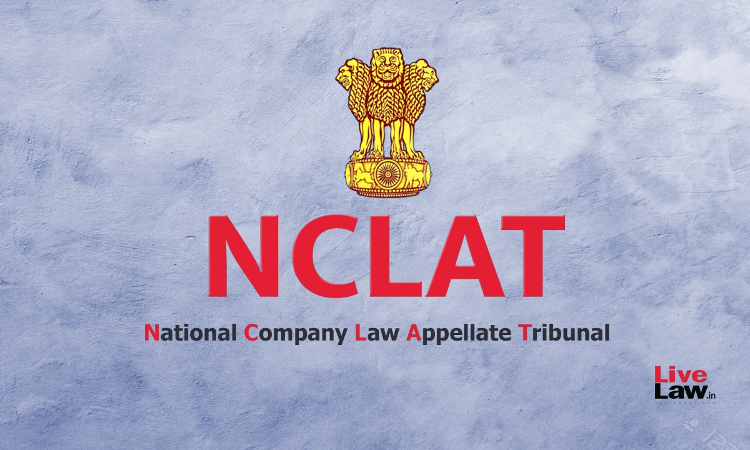The NCLAT New Delhi Bench of Justices Ashok Bhushan(chairperson) and Barun Mitra (Technical Member) held that it has been held that written financial contract is not a pre-condition or an exclusive requirement for proving existence of debt. It has been further amplified therein that the Application to Adjudicating Authority Rules, 2016 and CIRP Regulations makes it clear that financial...

